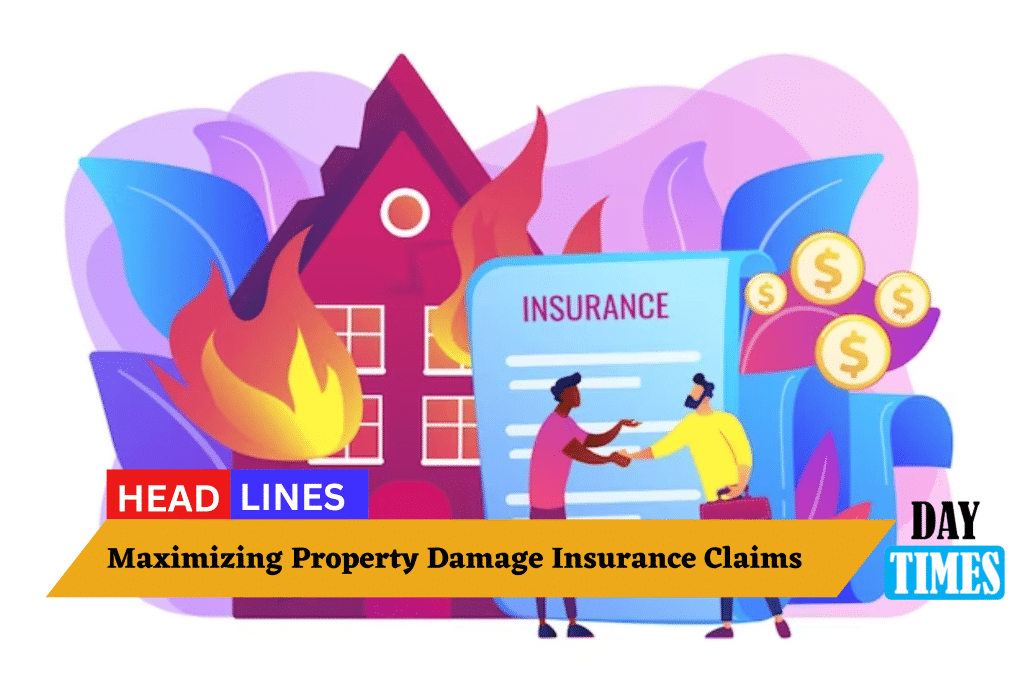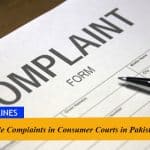When disaster strikes, such as a fire, storm, or accident, it can result in significant property damage. In such situations, having property insurance can provide the necessary financial support to recover and rebuild. However, navigating the insurance claim process can be complex and overwhelming. This article aims to guide you on how to maximize your property damage insurance claims effectively.
Understanding Your Insurance Policy
Before proceeding with a property damage insurance claim, it is essential to thoroughly review and understand your insurance policy. Familiarize yourself with the coverage limits, deductibles, exclusions, and any specific requirements or procedures outlined by your insurance provider.
Documenting the Damage
To strengthen your insurance claim, it is crucial to document the damage thoroughly. Take clear and detailed photographs or videos of the affected areas, including both visible and hidden damages. Make a comprehensive inventory of damaged items, noting their original cost, age, and condition.
Filing the Claim
Promptly file your insurance claim as soon as you discover the property damage. Contact your insurance company’s claims department and provide them with all the necessary information and documentation. Follow their instructions regarding the submission of the claim form and supporting evidence.
Engaging with the Insurance Adjuster
Once you file a claim, an insurance adjuster will be assigned to assess the damage and determine the appropriate compensation. Cooperate with the adjuster and provide them with access to the damaged property for inspection. Clearly explain the extent of the damage and answer any questions they may have.
Negotiating the Settlement
In some cases, the initial settlement offered by the insurance company may not fully cover your property damage and losses. Be prepared to negotiate with the adjuster to ensure a fair settlement. Provide additional evidence, such as estimates from reputable contractors or experts, to support your claim for higher compensation.
Hiring a Public Adjuster
If you find the insurance claim process overwhelming or if you believe the insurance company is undervaluing your claim, consider hiring a public adjuster. Public adjusters are licensed professionals who advocate for policyholders in property damage claims. They possess extensive knowledge of insurance policies and can help maximize your claim.
Seeking Legal Assistance
If your property damage claim becomes contentious or if you encounter significant obstacles in the process, consult with an attorney who specializes in insurance claims. They can provide legal guidance, negotiate on your behalf, and ensure that your rights are protected.
Understanding Depreciation and Replacement Cost Value
Insurance policies often consider depreciation when calculating the payout for property damage. Depreciation accounts for the wear and tear of the damaged items over time. Familiarize yourself with the concept of replacement cost value (RCV) and the difference between RCV and actual cash value (ACV). Strive to receive the maximum RCV payout for your damaged property.
Handling Property Damage Disputes
Disputes may arise between you and the insurance company regarding the coverage, the extent of the damage, or the settlement amount. In such situations, remain calm and professional while presenting your case. Keep detailed records of all communications, including emails, letters, and phone conversations.
Keeping Records and Documentation
Throughout the entire claims process, maintain meticulous records of all interactions, documents, and receipts related to your property damage. This includes communication with insurance representatives, estimates, invoices, and receipts for repairs or replacement items. These records will serve as valuable evidence and help support your claim.
Maintaining Good Communication
Effective communication with your insurance company is crucial to a successful property damage claim. Be proactive in providing updates, promptly responding to their requests for information, and keeping them informed about the progress of repairs or replacements. Clear and consistent communication will expedite the claim settlement.
Cooperating with the Insurance Company
Cooperating fully with the insurance company throughout the claim process is vital. Adhere to their requests for inspections, documentation, and other procedures. Failure to cooperate may result in delays or denial of your claim.
Considering Additional Coverage Options
To further protect your property, consider additional coverage options such as endorsements or riders. These can provide enhanced protection for specific risks, such as floods, earthquakes, or valuable personal belongings. Consult with your insurance agent to assess your needs and explore suitable coverage options.
Understanding the Claim Process Timeline
Property damage insurance claims follow a specific timeline. Familiarize yourself with the expected duration for each step of the process, including claim submission, adjuster assessment, settlement negotiation, and final resolution. Understanding the timeline will help you manage your expectations and ensure timely progress.
Conclusion
Maximizing your property damage insurance claim requires careful preparation, documentation, and effective communication with your insurance company. By understanding your policy, documenting the damage, filing the claim promptly, and engaging with adjusters and professionals, you can navigate the claims process more efficiently. Additionally, consider seeking legal assistance or hiring a public adjuster if needed. Remember to keep detailed records, maintain good communication, and cooperate fully with the insurance company to optimize your chances of a fair settlement.



























































